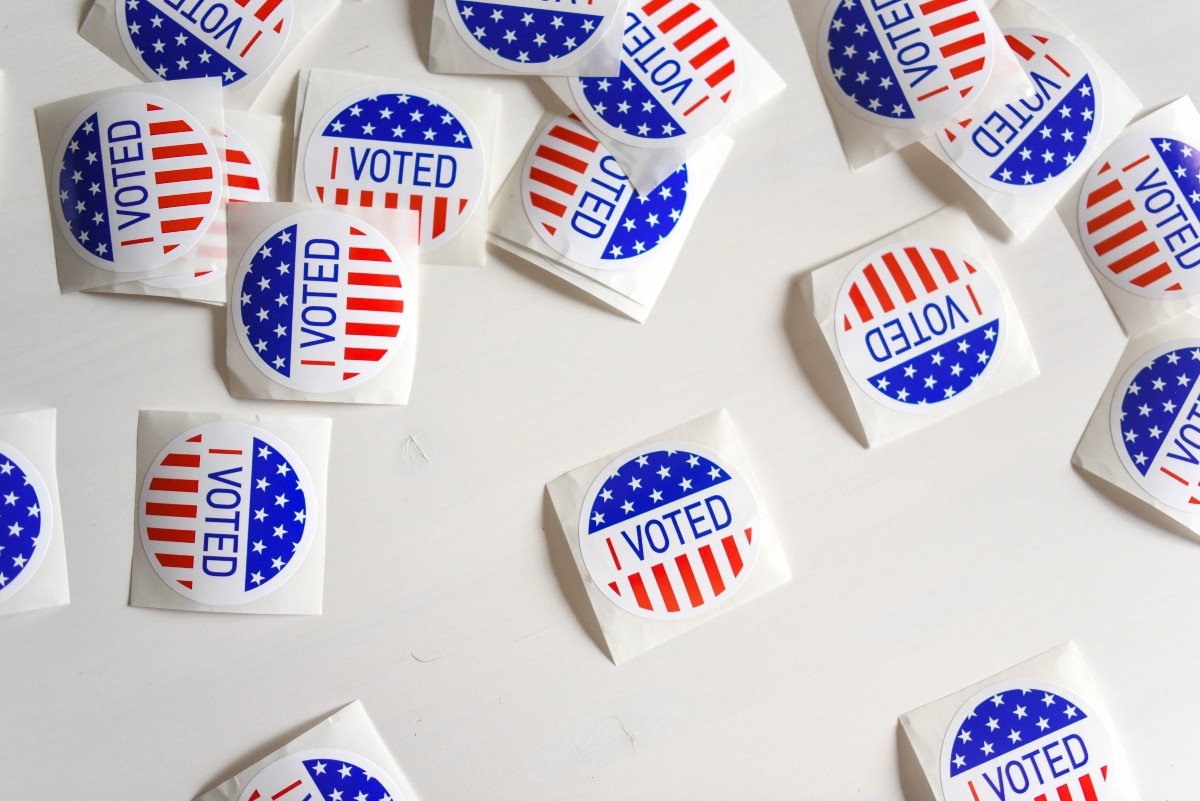Politics
Maine Court Orders Public Access to Voter Rolls: A Landmark Ruling

Clear Facts
- The State of Maine has been ordered by the court to make its voter rolls public, following a landmark legal case.
- The Public Interest Legal Foundation (PILF) has been taking legal action against states that make it difficult for their voter rolls to be examined.
- States often charge exorbitant amounts for copies of their voter rolls, a tactic used to prevent scrutiny of their voter rolls.
The integrity of our elections is a cornerstone of our democracy, yet it is often compromised by the issue of dirty voter rolls, especially when paired with mass mail-in voting. This is a concern that has been raised repeatedly, particularly in the aftermath of the 2020 election.
Democrats are often accused of exploiting these dirty voter rolls and mail-in voting to their advantage, making it challenging for anyone to scrutinize the voter rolls for accuracy or ineligible voters. However, a recent court ruling has brought a significant change in this regard.
This week, a landmark court ruling has forced the State of Maine to stop hiding its voter rolls from the public. The Public Interest Legal Foundation (PILF) has been at the forefront of this battle, suing states that make it particularly hard or nearly impossible for their voter rolls to be examined.
States have been known to use the tactic of charging exorbitant amounts for a copy of their voter rolls, a deceptive practice aimed at preventing the public from scrutinizing their voter rolls.
“The only way to examine a voter roll effectively is to look at two different copies—for example, one from right before an election and one from the day immediately after.”
This method allows for the detection of ineligible or fake voters who might have been added to the system and then removed right after the election. A public voter roll also lets individuals check for accuracy.
In Maine, the state had been charging $9,500 for one copy of the voter roll, and you could only obtain one if you were a representative of a political party. This meant it would cost $19,000 for two copies to do a reasonable comparison and check for accuracy.
“That’s not a “public record.” It’s a wildly expensive dirty trick to prevent conservative nonprofits like PILF from examining your voter rolls.”
Other states have been even worse. For instance, Wisconsin charges $12,500 for one copy. When Omega4America finally got its hands on a copy of Wisconsin’s voter roll, they discovered one person had been registered 180,000 different times.
The First Circuit Court of Appeals has now ruled that Maine’s voter rolls are, in fact, a public record. The state is no longer allowed to hide its voter rolls through exorbitant fees that no one can afford.
Congress enacted federal legislation back in 1993 called the National Voter Registration Act (NVRA). The law requires states to maintain clean voter rolls. It also prohibits states from preventing transparency and openness.
States have been arguing that charging tens of thousands of dollars for multiple copies of their voter rolls is “transparency,” but everyone knows that’s complete horse hockey.
The First Circuit Court wrote in its ruling, “[T]he restrictions imposed by the Use Ban erect an impenetrable barrier for those seeking to use the Voter File to evaluate and enforce compliance with the NVRA nationwide.”
This is the third state where PILF has successfully sued to gain access to the voter registration file. They won previous cases against Maryland and Illinois and have another pending in Hawaii.
“It’s a long and slow process, but the result is going to mean cleaner voter rolls and fair elections. It’s going to be hilarious when blue states start turning red because they’ve finally been forced to clean up their dirty voter rolls.”
Clear Thoughts (op-ed)
The recent court ruling forcing Maine to make its voter rolls public is a significant victory for transparency and the integrity of our elections. The Democrats’ exploitation of dirty voter rolls and mass mail-in voting has long been a concern, especially after the 2020 election.
The Public Interest Legal Foundation (PILF) has been fighting the good fight, suing states that make it difficult to examine their voter rolls. Charging exorbitant amounts for copies of voter rolls is a deceptive practice aimed at preventing scrutiny, and it’s time for that to end.
The First Circuit Court of Appeals decision is a step in the right direction, ensuring that voter rolls are indeed public records. This ruling, combined with PILF’s previous victories in Maryland and Illinois, is paving the way for cleaner voter rolls and fair elections. We can only hope that more states will follow suit, and the days of dirty voter rolls will soon be behind us.
Let us know what you think, please share your thoughts in the comments below.

William Blackwell
February 27, 2024 at 7:52 am
They haven’t gone after the worst state for dirty voter rolls, Il. Just remember 1960 and JFK’s win!!!!!!!!!!!!!!!
Heidi
March 9, 2024 at 9:07 pm
The younger generation has no idea of this. Thanks for bringing it up.
Doc423
February 27, 2024 at 9:08 am
Alabama has always had open voter rolls, we also require a picture ID to vote; severe lack of integrity in States that hide their voter rolls; need Federal Laws on Voter Rolls and IDs mandatory for all States to adhere to.
Gregory Coccia
February 27, 2024 at 8:48 pm
CLEAN VOTER ROLLS…. What a CONCEPT!!